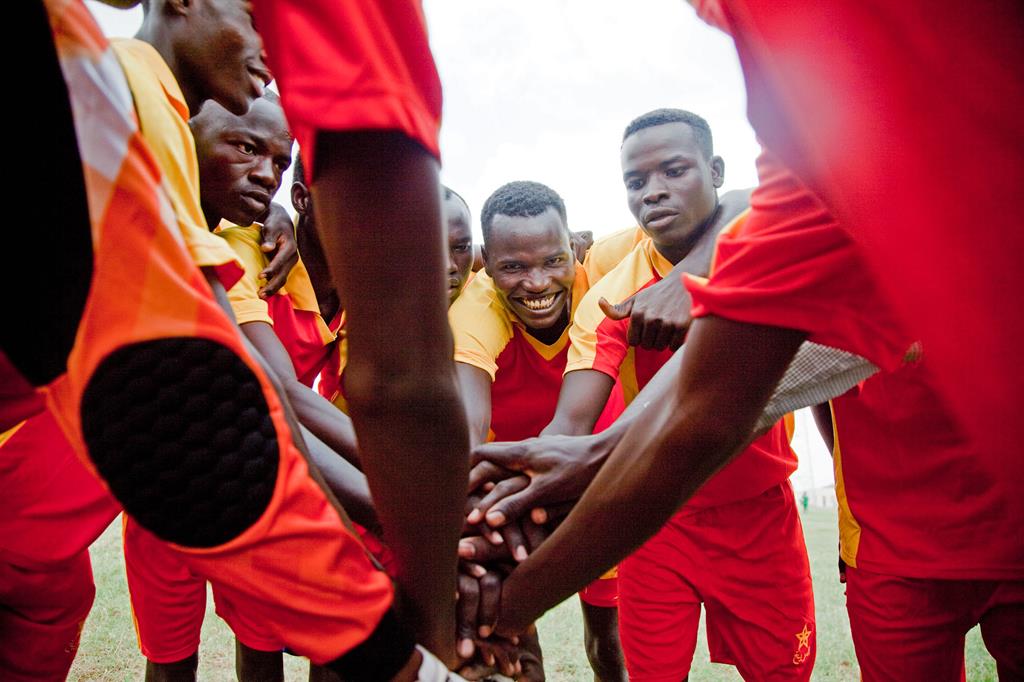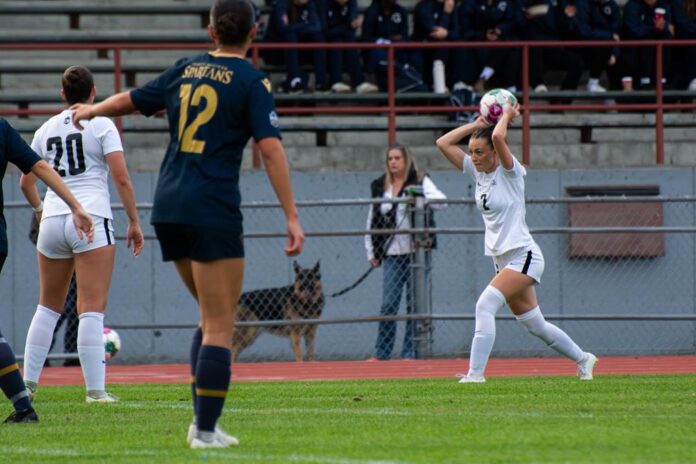This got me thinking: what makes good sportsmanship? What would happen without it? Below I touch on what I consider to be the core qualities of good sportsmanship, and to me, not one of them is less essential to a team than another.
Commitment
No team can perform to the best of their abilities without showing up. Attending practices, games, and meetings are the first step in creating a strong team. If you commit to something, stick to it! Bailing at the last minute because you “just didn’t feel like coming” isn’t a good reflection toward the teammates who are counting on you. Having a “team first” mentality prevents any opportunity to overshadow the success of the group or even the personal journey of the athlete. Something like being late can happen one time, then become two times, and soon it’s a habit. Being committed is what knits together a team, makes bad habits manageable, and provides consistency for the group.
Respect
Players don’t get the most out of their teammates without strong respect for one another. In most contexts of the word, you’re more likely to receive respect if you’re also showing it to others. Showing respect can be for small things, like telling someone that we appreciate them and their efforts. While humour is appreciated, there’s no room for mocking, putting teammates down, or being secretive. Handshakes before and after every game are a symbol of respect in sports, as is listening to coaches and mentors who want the best for the team. It’s easy to get angry, frustrated, or show a negative attitude during challenging moments, but having mutual respect within your team goes an incredibly long way.

Fairness
Fairness can tie into respect, but is more an aspect of development that begins within the individual athlete. Fairness can display itself through being selfless, unbiased, taking responsibility for your actions and mistakes, not denying teammates equal opportunities, and obviously following the rules of the game. These are all things that can lead the athlete, and therefore their team, to the success they want. With an athlete who doesn’t have too large an ego, opinions, or sense of self, the team can work toward and reach their goals more smoothly and allows for a more pleasurable process.
Unity and Friendship
It’s inspiring to see what a team can do when everyone is familiar with each other. By choosing to get to know each person, a bond is created that ultimately helps the team grow and work together continuously and effectively. Knowing each other’s strengths and specific skill sets makes being a part of the team easier and more comfortable. Therefore, we trust each member to have our backs and support us, which is the core of a strong team. Having positive and secure relationships also give us a sense of purpose and motivation to try harder and put our best selves forward.
Sportsmanship can make or break a team, that’s why it’s so important to be attentive to these qualities. If you do, you and your team’s value can only increase.
Veronica is a Staff Writer at The Cascade. She loves to travel and explore new places, no matter how big or small. She is in her second year at UFV, pursuing the study of Creative
Writing.


